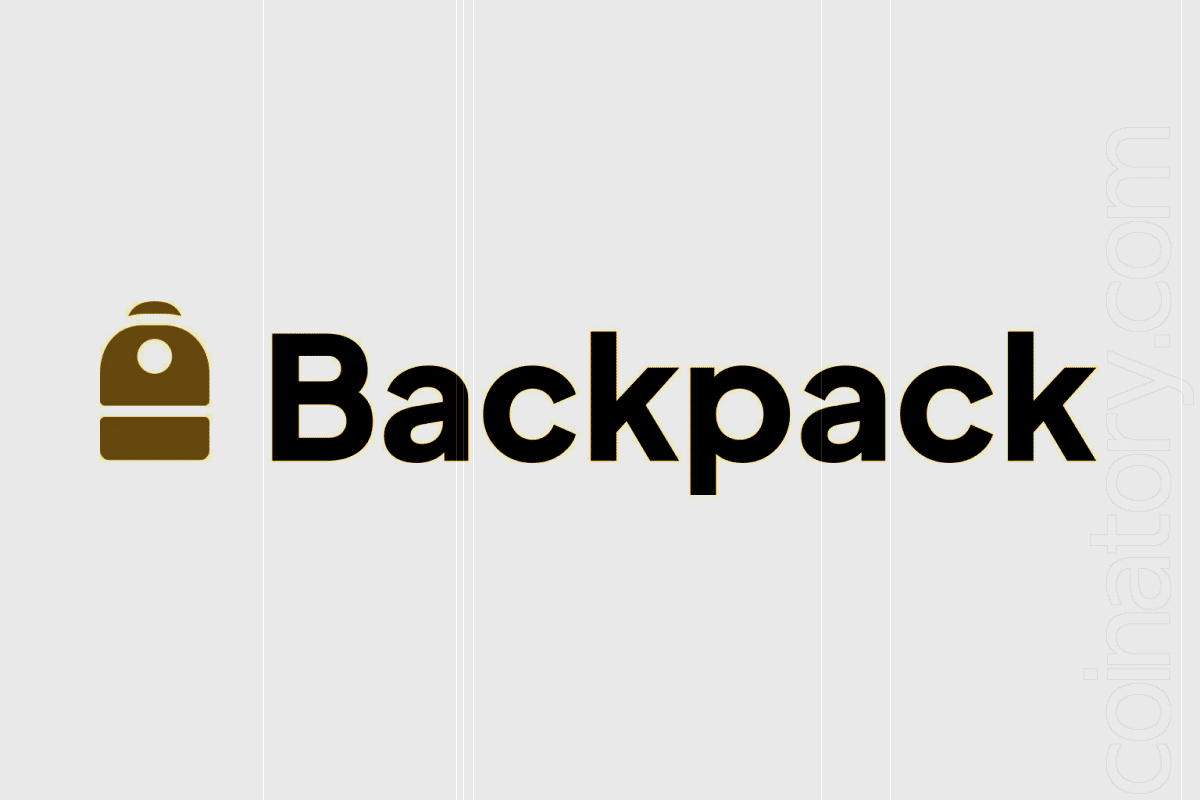
Former executives of FTX, including a key witness in the trial against Sam Bankman-Fried, have established a new cryptocurrency platform named Backpack, committed to transparency.
Reported by the Wall Street Journal, Can Sun, FTX’s ex-general counsel and a pivotal witness in Bankman-Fried’s trial, is spearheading this new endeavor.
Backpack’s beta version is set to launch imminently. Trek Labs, a Dubai-based startup, will manage the project. It aims to present a more secure and transparent trading approach, drawing on insights from FTX’s downfall. The focus of the platform is on “self-custody” wallets, employing multiparty computation for improved security.
Sun, the mastermind of this initiative, along with another former FTX colleague, Armani Ferrante, is motivated by the goal of re-establishing trust in the cryptocurrency market.
Backpack Exchange is adopting an innovative trading method that necessitates multiple parties’ consent for transactions, thereby offering users greater control and insight into their assets.
The exchange plans to enable users to store their assets in a unique self-custody wallet, which it cannot access unilaterally. Sun and Ferrante indicate that this new model seeks to reduce the risks linked with centralized control over funds, a major issue underscored by the FTX collapse.
The exchange is targeting a valuation exceeding $100 million for a 10% stake. In addition to Sun and Ferrante, several other ex-FTX staff, including Sun’s previous deputy, Claire Zhang, are involved in the new platform.
Sun has openly discussed his role at FTX and has collaborated with Dubai’s regulatory authorities, which some believe adds a layer of trustworthiness to the project.
After the FTX scandal, he signed a non-prosecution agreement with U.S. authorities and testified against his former employer on Oct. 19.
Ferrante, who heads the British Virgin Islands-registered holding company for the new project, contributes his experience from FTX and his involvement with digital currency wallets.
In September 2022, his company secured $20 million in a funding round led by FTX. However, Ferrante asserts that all the funds were lost following FTX’s downfall.







